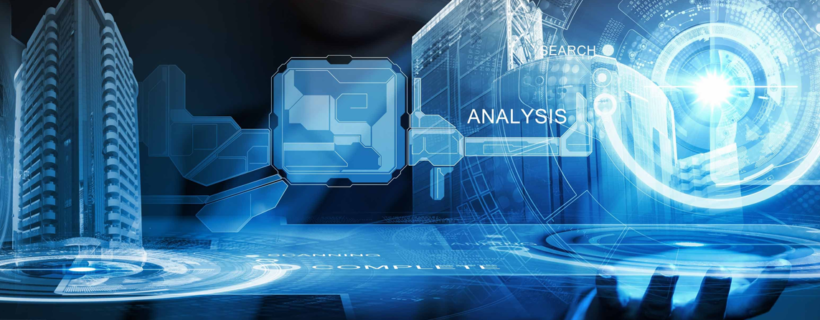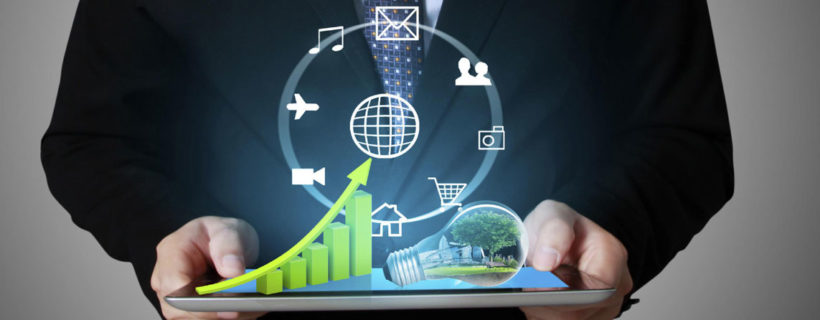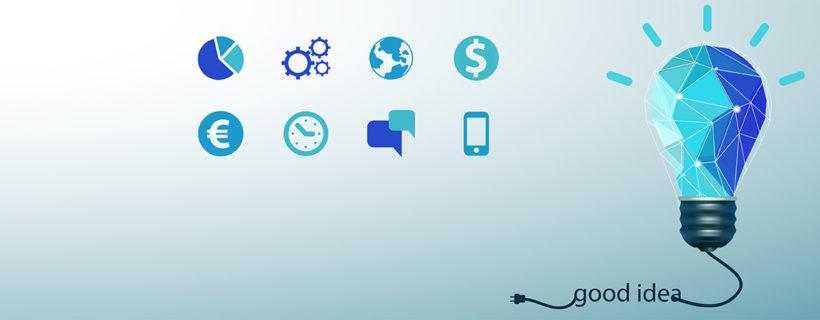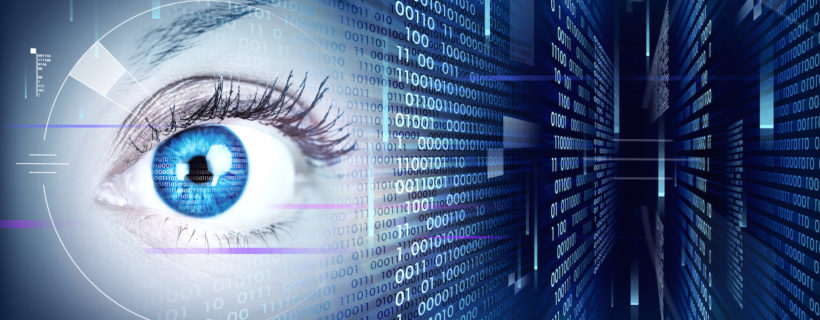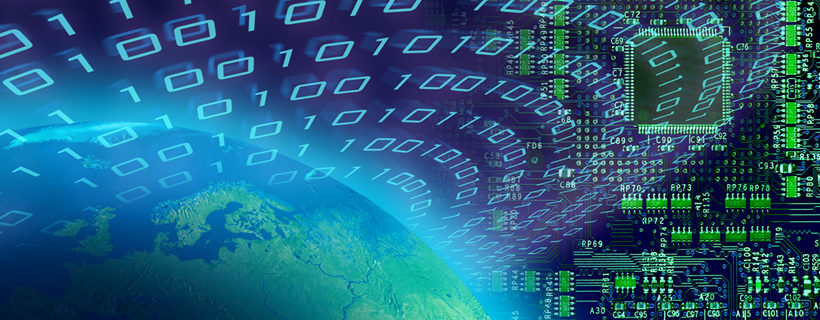The word haptic, from the Greek: ἁπτικός (haptikos), means “pertaining to the sense of touch” and comes from the Greek verb ἅπτεσθαι haptesthai, meaning “to contact” or “to touch”.
Haptic technology will be more remarkable than any breakthrough in the past technology
Haptic technology will change the way we live and interact with technology in the future. As mobile devices to act more like an extension of our body, so that the connected smart devices will act as an extension of our environments, allowing us to control the world around us in a unimaginable way.

Start-Up exits as a new way of succcess
For a movie, it could be box office numbers or critical acclaim. In academia, maybe it’s publishing research or helping students land dream jobs after graduation. New research from the ...

A new circular business model for the production optimization
The research project CircuBAT aims to create a circular business model for the production, application and recycling of lithium-ion batteries used for mobility purposes. Seven Swiss research institutions and 24 ...

Unrestricted access to cash during crisis and emergency situations
The demand for cash increases in times of crisis since many people consider banknotes and coins to be a particularly safe way to keep money. Moreover, cash is the only ...
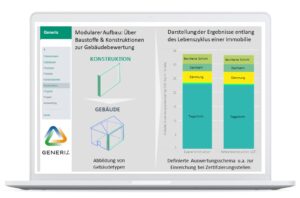
A new software creates Life Cycle Assessment for buildings
The European Union wants the Life Cycle Assessment of buildings to be given more significance in the future, and the EU Taxonomy creates a systematic basis for this: It defines ...
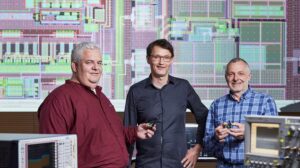
Internet of Things leap in future empowered by new sustainable chip
Keeping things constantly connected to the internet costs energy — a lot of energy. Even small Internet-of-Things nodes run out of battery entirely in just a few weeks. All of ...
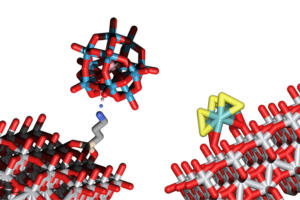
New research for more green hydrogen
Hydrogen could be an important part of our future energy supply: It can be stored, transported and burned as needed. However, most of the hydrogen available today is a by-product ...
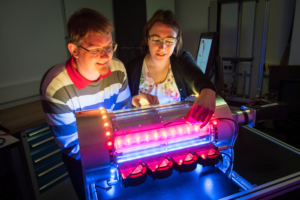
The world’s first machine that can cool air by flexing artificial muscles
A new type of energy efficient, ecologically sustainable cooling technology that does not require the use of climate-damaging refrigerants is currently being developed by Professor Stefan Seelecke and his team ...
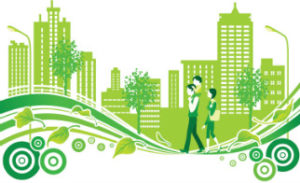
€2.4 billion to accelerate the green transition
Source photo: The European Commission The Modernisation Fund made available €2.4 billion to seven beneficiary countries to help modernise their energy systems, reduce greenhouse gas emissions in energy, industry and ...

How the next-generation of AI can be integrated into the innovation process for designing new and existing materials
More than a century has passed since Thomas Edison developed the first electric light bulb, yet Edison’s hallmark approach of ‘trial and error’ to reach his discovery still remains a ...
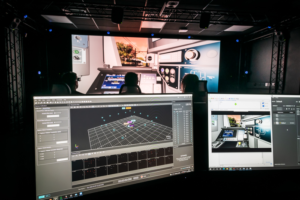
The Digital Innovation Facility a new multi-million facility officially opens at the University of Liverpool
The University of Liverpool’s Digital Innovation Facility (DIF), a £12.7 million Centre of Excellence in emerging digital technologies, was offically opened by the Mayor of the Liverpool City Region, Steve Rotheram, ...
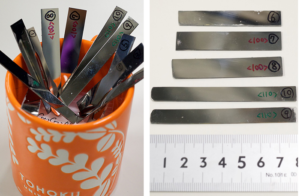
Improved biomaterials that can replace or support damaged bones has risen
A research group has revealed a cobalt-chromium-based biomaterial that mimics the flexibility of human bones and possesses excellent wear resistance. The new biomaterial could be used for implants such as ...

The Seamless Authentication for Everyone
Our everyday lives are protected by passwords on many levels. Passwords protect our personal information, finances and private communications. However, insecure practices in the use of passwords lead to countless ...
